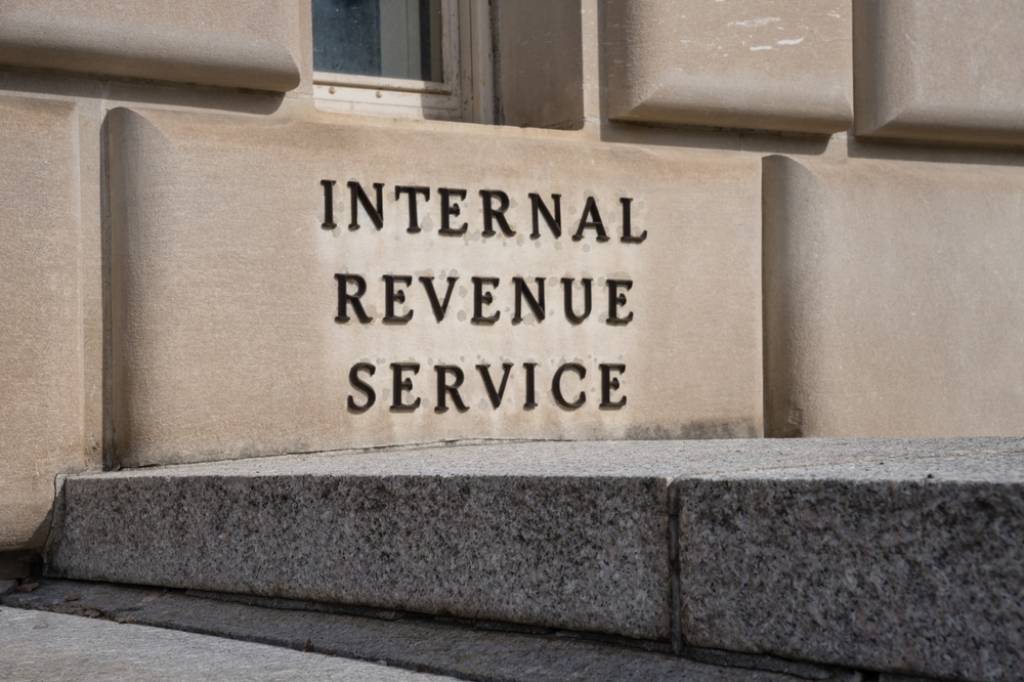
Settling your tax liabilities can seem like a daunting task, especially if you have years of back taxes. It is no secret that having a lingering tax liability can impact your financial situation. And it is also no secret that the IRS doesn’t simply forget about unsettled taxes. That being said, there are tax liabilities settlement plans available to you.
If you are unaware of the ins and outs of tax liabilities settlement plans, you are not alone. In fact, if everyone took advantage of these settlement programs, the financial hardship wouldn’t loom so large. But, tax settlement plans do not come in a uniform approach. Depending on your financial situation, some tax settlements might be better suited than others.
Because of these factors, there are many questions and concerns that people have. This is not only completely understandable, but also encouraged. If you are considering an avenue to settle your liabilities, you should have questions — and we have answers.
Let’s start by describing what tax settlement solutions are available. From there we can talk a bit more about how they work and what to expect.
Settling Your Liabilities
Tax liabilities settlement is an arrangement made between the IRS and the taxpayer. The details of each arrangement depend on the type of arrangement that was made. For example, in some instances, a taxpayer might be allowed a lower tax liability. In other instances, the arrangement might establish a payment plan to pay back your taxes.
The overall goal of tax settlement solutions is to pay your taxes while easing financial hardship. As mentioned, sometimes this means lowering the tax bill, while other times it means extending the due date. Either way, it is giving you a chance to take control of your liabilities.
And since no two financial situations are the same, the solution is tailored to address your needs. From a high-level perspective, there are some standard approaches to tax liabilities settlement.
Currently Non-Collectible
With this option, the IRS has essentially granted you additional time. You can put off your liabilities until your financial situation stabilizes. To be clear, this does not mean your liabilities settlement tax goes away.
This can be helpful if you are in a situation where you cannot financially pay your tax bill. However, it is worth noting that penalties and interest could accrue in the interim. It still might be your best approach, but like any solution, there are considerations to make.
Installment Agreement
There are scenarios when you can make some of your tax payment, but the total lump sum. For those times, you can pay off your liabilities in reasonable installments over a set period. This period is established with the IRS and takes your financial situation into account. Again, this is not wiping your liabilities away, but making it more manageable for you.
Offer in Compromise
This option offers you the ability to pay a lower amount than your initial tax liabilities. It is clear to see why this is a popular option, but it doesn’t mean that everyone is approved. This option is typically utilized if your tax burden will cause unnecessary financial hardship.
Naturally, there are stipulations to be aware of. For instance, you must have filed your tax return to be eligible. While not a requirement, it is common to seek assistance from tax attorneys in this option.
While tax attorneys should be consulted with any of these options, this has additional scrutiny. After all, the IRS does not take taxable income lightly, so lowering the bill will come with much back and forth.
Penalty Abatement
Penalty abatement is an option that removes penalties and late fees from your total tax liabilities. Your tax bill will remain unchanged, but affiliated penalties will be wiped away. This option is approved for a variety of reasons. It is a common option when taxpayers are (for the most part) in good standing with the IRS.

Unique Financial Situations
Certainly, there are specifics affiliated with each of the options mentioned above. And sometimes the process for one taxpayer might take longer than another. This is understandable since every financial situation is unique. Additionally, you want this personal attention and scrutiny.
While it might seem like the ongoing forms or questions are time consuming, they are needed. You want a tax liabilities settlement solution that works with your situation. And this is also why you want tax attorneys on your side to help you navigate the process.
It is not only about answering forms correctly and providing accurate information. Having tax attorneys on your side provides peace of mind. You want to go through this process once, and successfully. And that means having the professionals in your corner to make sure it gets done correctly.
After all, you are going to have all sorts of questions on the way. Some will be initial thoughts, such as “What will my monthly payments be?” While others might be afterthoughts, such as “Will tax settlement impact my credit score?” (The IRS does not share information with the credit bureaus, as an FYI).
There might also be questions you want to ask the IRS, but don’t know how to go about doing so. With tax attorneys on your side, you can rest assured the right questions are being asked.
Schedule a Free Consultation
If you are burdened with tax liabilities and don’t know where to start, reach out. We are happy to have a conversation with you and provide our expert opinion. As mentioned, some of these options might be right for you. While there might be others not discussed on this page that would suit you nicely.
Partner with tax professionals so you can take control of your tax liabilities once and for all.
